The latest step towards closing the Corrective Action Plan (CAP) submitted to Transport Canada in response to their finding regarding NAV Canada’s SMS and the lack of Fatigue Program is scheduled for today in most units. This next step in the implementation of the Fatigue Management Program by NAV Canada will not do anything to meaningfully address the issue of fatigue in our workplace. In fact, it is likely to make the situation worse by undermining the flexibility which most controllers rely upon to individually mitigate their own fatigue and maintain some semblance of work-life balance and personal and social well-being. This flexibility is what allows controllers to work the additional overtime hours required to minimize service disruptions and maintain a viable operation. We all know that. Fatigue and staffing are inextricably linked, and our current situation relies on overtime. To address fatigue in a comprehensive way, we must first fix staffing.
In addition to urging Nav Canada to reconsider this next phase of implementation, CATCA has been in direct communication with Transport Canada to express our concerns and objections to it. We will continue to advocate for a less harmful approach which protects the well-being of controllers and demand that our collective agreement rights are respected in all instances. Denying a voluntary shift exchange and then assigning overtime for that same shift is non-sensical and further undermines the credibility of the program and the trust and engagement of the workforce. At a time when overtime demands are at historical highs, management should be actively taking steps to ensure impacts to employees are minimized and preferences and flexibility maximized, not the reverse.
Probably the most significant objections regarding the current rules surround those dealing with night shifts. The complete denial of well-established scientific evidence around individual chronotypes and circadian rhythms, and the impact on shift type preferences is hard to understand. What controllers have learned for themselves over years of first-hand operational experience is being discounted in favour of averaging out the pain through the imposition of rules that come with a myriad of unintended consequences. We are not reducing the total number of night shifts! We are only forcing people who don’t manage them well to work more and those that do, to work less. And, creating crazy shift patterns in the process (we think there might be some scientific evidence about the harm of that, too).
How this will play out remains to be seen but we will continue to engage Nav in a constructive fashion in order to determine a better path forward where we can actually mitigate fatigue and balance that with service delivery demands. In the meantime, we urge all our members to take personal responsibility for managing fatigue and the risks it presents. This includes the following:
- Do not exercise your license if you are unfit due to fatigue.
- Make personal preferences regarding shift patterns and types known to shift schedulers and your manager.
- Manage fatigue proactively through proper rest, exercise, nutrition, and schedule management so you work the shifts that are most suited to you (shift exchanges/swaps/day for days). Most Nav facilities have rest and exercise facilities – use them. If they don’t exist – ask for them.
- Ensure management is aware of all instances of non-compliance with fatigue rules and that reports are completed.
- Respect the provisions of your collective agreement and report all violations to your union steward or executive.
- Volunteer only for shifts that you know you can manage from a fatigue standpoint.
CATCA strongly objects to the imposition of fatigue rules that will be disruptive to well established work patterns and practices and which challenge the flexibility on which this system relies. ‘Do no Harm’ should be the first principle of any fatigue program.
We will continue to advocate for the development of a beneficial, understandable, achievable, and measurable program which serves controllers and protects the flying public by improving the system.
On Behalf of the Executive Board;
Nick von Schoenberg
President
Scott Loder
Executive Vice President
